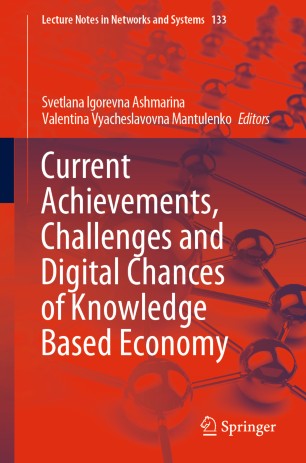

Most ebook files are in PDF format, so you can easily read them using various software such as Foxit Reader or directly on the Google Chrome browser.
Some ebook files are released by publishers in other formats such as .awz, .mobi, .epub, .fb2, etc. You may need to install specific software to read these formats on mobile/PC, such as Calibre.
Please read the tutorial at this link. https://ebooknice.com/page/post?id=faq
We offer FREE conversion to the popular formats you request; however, this may take some time. Therefore, right after payment, please email us, and we will try to provide the service as quickly as possible.
For some exceptional file formats or broken links (if any), please refrain from opening any disputes. Instead, email us first, and we will try to assist within a maximum of 6 hours.
EbookNice Team

Status:
Available4.4
31 reviewsThis book is based on research from Russia, Hungary, Bulgaria, Great Britain, Switzerland and the Czech Republic on issues related to knowledge-based economy development. The idea for this book was developed during three international conferences on digitalization: VI, VII and VIII International Scientific Weeks, organized by Samara State University of Economics (Samara, Russia) in 2018–2020. It is an initiative by the scientific and business organizations in the Samara Region and their Russian and international partners to analyze the current digitalization of social-economic systems, the problems and perspectives of this process, and its role in the creation and development of a new type of economy and new quality of human capital.
All the contributions focus on the search for effective ways of adapting to the new digital reality and are based analyses of international statistics, and data from specific companies, educational institutions and governmental development programs.
The book explores a variety of topics, including• Knowledge and Information as Basic Values of a New Economic Paradigm;
• Information Technologies for Ensuring Sustainable Development of Organizations;
• Augmented Reality, Artificial Intelligence and Big Data in Education and Business;
• Digital Platforms and the Sharing Economy;• Potential of Digital Footprints in Economies and Education;
• Sociocultural Consequences of Digitalization.